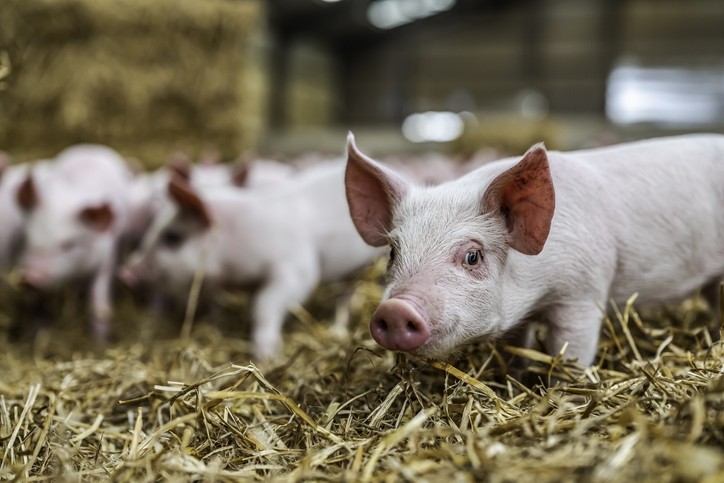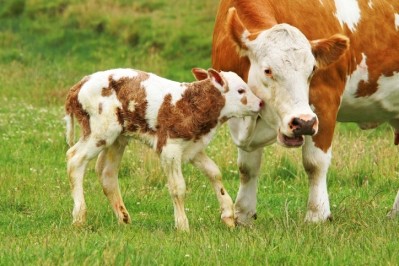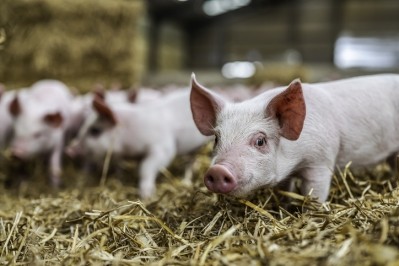Special Edition: Mycotoxin risk and control
Study: Mycotoxin exposure during pregnancy can impair piglet immune systems

Czech researchers, in a paper just published in the journal, Toxins, say the findings of their study confirms the adverse effect of sows’ exposure to DON during pregnancy, showing transplacental transfer of DON to the fetuses, with the mycotoxin passing into their blood in a toxic form that cannot be metabolized, thereby causing significant harm to the litter.
Deoxynivalenol (DON), also known as vomitoxin, is a secondary metabolite of molds. Fusarium species are the main source of this mycotoxin, which can contaminate wheat, maize, and barley.
The toxicological effect of DON is multifactorial with exposure in pigs potentially causing vomiting, reduced feed intake, and gastroenteritis, resulting in low body weight gain, said the team.
“Maternal transfer results in the long-term persistence of DON in the blood of piglets, suggesting that young piglets do not have the capacity for DON metabolism.
“The presence of DON in the body changes the balance of the immune system, and, while the most significant impact was observed during the first three weeks of life, the decreased capacity to produce cytokines also remains in the later postnatal period,” said the Czech scientists, based at the Veterinary Research Institute in Brno in the Czech Republic
Those researchers said greater regulation of feed for pregnant sows is essential to prevent the detrimental impact of DON on growing piglets.
Methodology
DON contaminated feed represents a serious problem for pigs due to their high level of sensitivity to its toxicological effects, said the team involved. Their study was aimed at more fully understanding the impact of intrauterine DON exposure on the immune system of piglets, with the researchers noting contrasting findings in previous studies focused on this topic.
They said that pure DON was intravenously administered to sows at the end of gestation, at one dose of 300 µg per day during the last two to three days.
The team said the plasma concentration of DON was analyzed using liquid chromatography combined with high-resolution Orbitrap-based mass spectrometry (LC–MS/MS (HR)) and selected immune parameters were monitored six times in piglets from birth to 18 weeks.
Findings
The researchers outlined how DON was found in the plasma of 90% of newborn piglets at a mean concentration of 6.28 ng/mL and subsequently, at one, three, and seven weeks after birth with decreasing concentrations.
Trace amounts were still present in the plasma 14 weeks after birth.
Flow cytometry revealed a significant impact of DON on T lymphocyte subpopulations during the early postnatal period.
The capacity to produce pro-inflammatory cytokines was also significantly lower after intrauterine DON exposure, said the scientists.
“In conclusion, this study revealed a long-term persistence of DON in the plasma of the piglets as a consequence of short-term intrauterine exposure, leading to altered immune parameters.”
Source: Toxins
DOI: https://doi.org/10.3390/toxins12100615
Title: Maternal Exposure Results in Long-Term Deoxynivalenol Persistence in Piglets’ Plasma and Modulates the Immune System
Authors: H. Štěpánová, K. Hlavová, K. Šťastný, E. Gopfert, L. Levá, M. Faldyna















